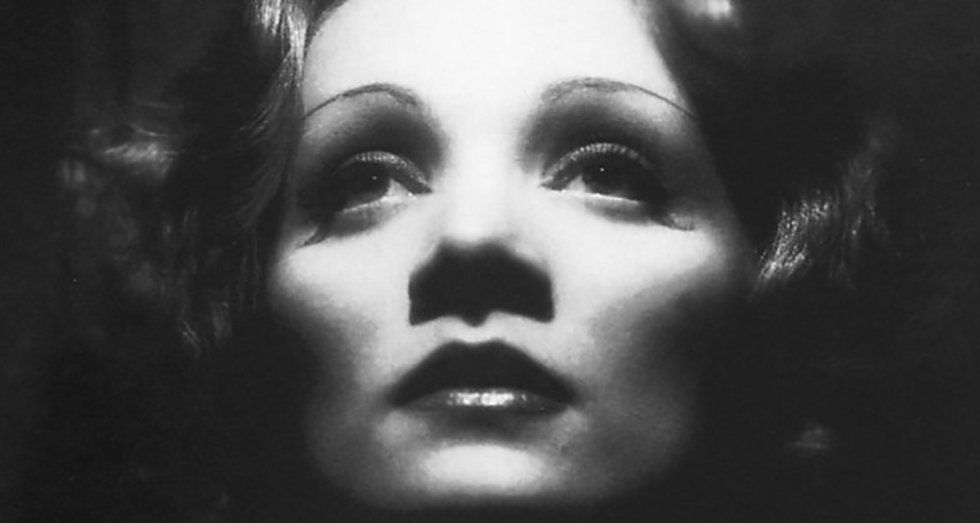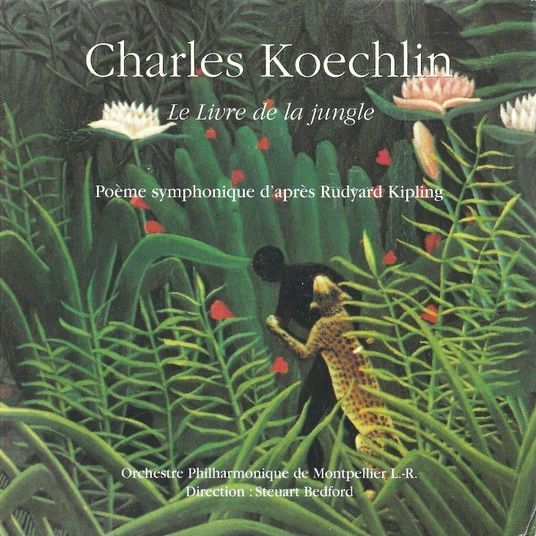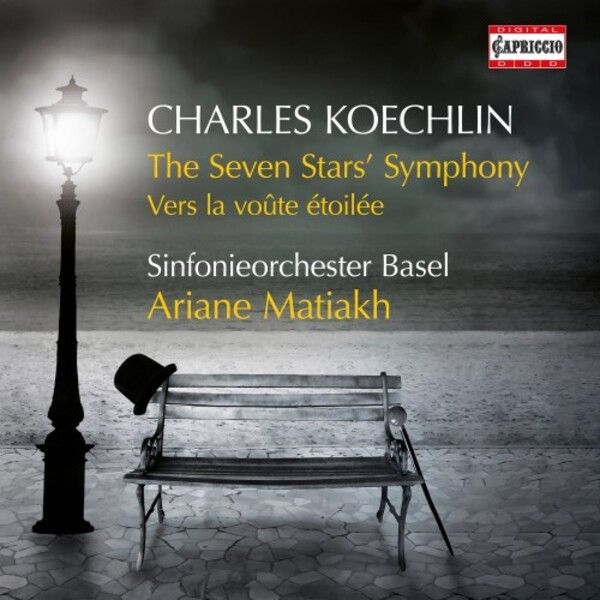Charles Koechlin 1867-1950

Charles Koechlin (1867-1950) trained at the Paris Conservatoire between 1890 and 1897. He studied with Jules Massenet, Gabriel Fauré and André Gedalge, later orchestrating (in part) Fauré’s incidental music Pelléas et Mélisande Op. 80. Music dictionaries indicate Koechlin was a late developer and, like Darius Milhaud, was an extremely prolific composer reaching 226 opus numbers, including over a hundred miniatures. He is best known today as a pedeagogue and the teacher of Cole Porter, Francis Poulenc and a generation of French composers. Koechlin became fascinated with early sound film. He experimented with film music, writing a number of works and ‘imaginary’ film scores inspired by watching silent and talking movies in Paris, mainly 1930s films starring the American-German actress and singer Lilian Harvey (1906-1968) and, later, Ginger Rogers and Jean Harlow, as recounted in the lecture here by British musicologist and French music scholar Robert Orledge.
Reviews

The valuable series of CDs from the enlightened French publishing house Actes Sud is beginning to makes its way beyond France. In the UK it is now distributed by Harmonia Mundi and beyond that its CDs can be tracked down via the Montpellier orchestra's website. I have already referred to other Actes-Sud discs in my recent review of their recording of Suk's Asrael - a performance that warmed up after a rather flaccid first movement.




